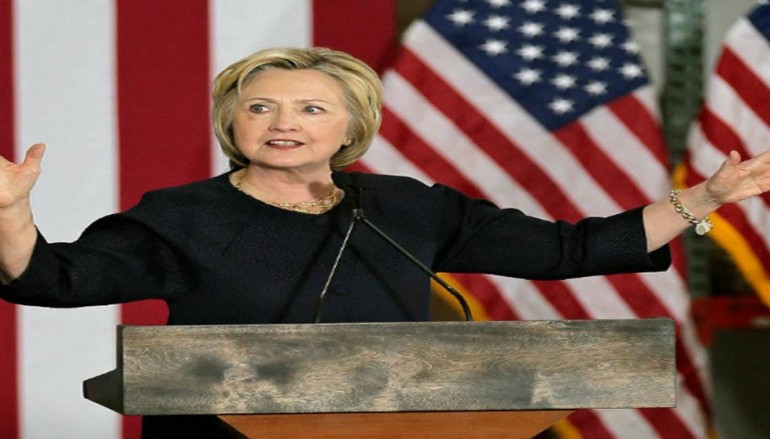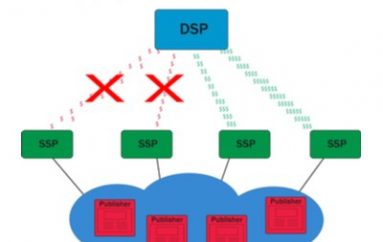
What Russia’s DNC Hack Tells Us About Hillary Clinton’s Private Email Server
In an exclusive today, the Washington Post reports that two Russian intelligence agencies hacked the Democratic National Committee’s (DNC) database which included opposition research on Donald Trump. The Post says “The intruders so thoroughly compromised the DNC’s system that they also were able to read all email and chat traffic.” The Russian had access to the network for about a year.
The DNC’s hired cyber security firm explains that “it is extremely difficult for a civilian organization to protect itself from a skilled and determined state such as Russia.” It suspects that Russian hackers used “spearphishing,” or emails made to look like they came from someone trusted that contain links or attachments that give the hacker access to the computer when clicked.
Despite the cause for concern, DNC officials are trying to soothe the public. They characterize these breaches as “political” and assured backers that no financial or donor information was disclosed. (How they would know, I wonder.)
The Post seems on board with the benign nature of the attack: “The intrusions are an example of Russia’s interest in the U.S. political system and its desire to understand the policies, strengths and weaknesses of a potential future president…”
The Post admits that such hacked information could prove of operational significance to Russian policy makers. For example, Russia might use Donald Trump’s foreign investments “to indicate where it can get away with foreign adventurism.” In other words, the greater concern is not Russian hacking but whether Trump may place his business interests above national interests as President.
In reality, the exclusive indirectly speaks to a more sinister aspect of Russian cyber spying.
Indeed, the Russians might benefit from knowing more about U.S. presidential politics, but the Holy Grail of Russian intelligence is uncovering compromising material that can be used to embarrass, manipulate or blackmail foreign political leaders. Where the Post fails is in connecting the dots of the DNC breach to the possible Russian hacking of Hillary Clinton’s private server.
We know that Russian intelligence knew about Clinton’s private email account since mid-March 2013 (or well before if a planted leak is to be believed). The private Clinton email account came to light with the publication by a Kremlin-funded news service of emails sent to Clinton by her trusted advisor Sidney Blumenthal. Thereafter, the mainstream media lost interest in the story but was revived when Clinton’s private emails became the subject of congressional investigations.
The Post story is related to Clinton’s private server in three ways. First, it shows that even a major civilian organization can scarcely protect itself from a “skilled and determined state like Russia.” If the DNC’s cyber secrets are open to Russian intelligence hackers, the odds are overwhelming that they have Clinton’s private emails as well, especially given that Clinton’s private server was a target of the highest value.
Second, the Post identifies “spearphishing” as the method of penetration of the DNC data base. From a Breitbart account we know that Clinton, by her own admission, was a victim of a “spearphishing” email, which she thought was sent by someone in her inner circle. We still do not know if this breach was by Russian intelligence or a harmless source.
Third, the DNC hack shows that a professional cyber security firm can identify security breaches and their sources with great specificity. The DNC already knows that the Russian hackers are from military intelligence and the FSB. A professional cyber security firm could have done the same for Clinton’s private server, but it has been wiped clean. And while it has been turned over to the State Department, but Clinton’s lawyer confirmed “with IT staffers that no e-mail sent or received by Clinton’s account while she was secretary of state remained on the server or backup systems associated with the system.”
If Russian intelligence had hacked Clinton’s private server in early March of 2013 (or before), the Kremlin would have the trove of “private” emails Clinton destroyed and that U.S. officialdom and the public have never seen.
So while Russia’s breach of the DNC is worrisome, Putin’s real treasure trove might just be Clinton’s private emails.
Source | Fortune





